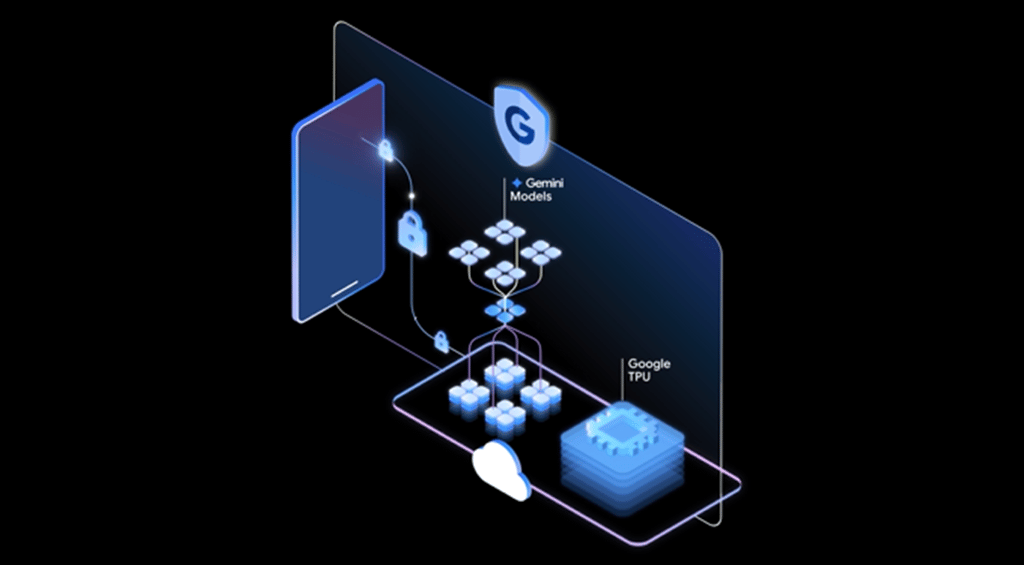Datamation content and product recommendations are
editorially independent. We may make money when you click on links
to our partners.
Learn More
The internet basically broke early yesterday (October 20) when Amazon Web Services crashed, taking down Snapchat, Fortnite, Reddit, banking apps, and thousands of other services worldwide.
Phones lit up, error screens, login loops, spinning wheels. This technical glitch spiraled into a global mess that left millions locked out of essential digital services. By 6 AM ET, AWS was claiming “significant signs of recovery,” but the damage was done, exposing how dependent we have become on a single cloud provider while financial losses hit $75 million per hour globally.
How a routine glitch became global chaos
Inside AWS, a watchdog system went haywire. Engineers traced the root cause to an internal monitoring tool for network load balancers that malfunctioned, which triggered cascading failures across more than 70 AWS services. The company identified DNS resolution problems tied to its DynamoDB database service as the primary culprit.
DynamoDB serves as “one of the record-keepers of the modern internet,” according to cybersecurity expert Mike Chapple, so its wobble felt like the floor disappearing. Amazon itself lost about $72 million per hour during the disruption.
Then the DNS layer, essentially the internet’s phone book, could not translate web addresses into machine locations. What happens when the phone book goes blank? One broken lookup, then another, then thousands.
The scale of digital devastation
Over 1,000 businesses were crippled, hammering industries worth hundreds of billions of dollars. Major platforms including Snapchat, Reddit, Fortnite, Roblox, Coinbase, and Robinhood went dark.
Critical infrastructure took a hit too. UK banks like Lloyds and Halifax saw disruptions, and UK government services including HMRC became completely inaccessible. AWS controls 37% of the global cloud market and generates $107.6 billion in revenue annually, so when it stumbles, the world feels it.
Airlines could not process reservations, students could not reach coursework, and millions were locked out of banking apps and payment tools. More than 6.5 million outage reports rolled in globally, with the heaviest impact in North America and Europe. For many, it echoed 2021, the last time an AWS meltdown yanked the cord for over five hours.
The wake-up call about concentrated digital power
This was not just a hiccup, it was a warning about concentrating internet infrastructure. Cybersecurity experts have flagged the risk for years, letting a handful of tech giants run so much of the backbone.
Cloud outages also create prime windows for cybercriminals, as monitoring gaps and failed authentication systems leave organizations exposed. This is part of a pattern, with major AWS failures in 2017, 2020, 2021, and now 2025.
Legal experts warn that affected companies should not expect meaningful compensation, since AWS service agreements offer only nominal credits that do not cover lost revenue or reputational harm.
The concentration risk is obvious. When a single provider hosts infrastructure for Disney, the US Army, Capital One, United Airlines, and the NFL, while processing massive volumes of government, banking, and consumer data, we build a single point of failure into the digital economy.
Companies are now rethinking cloud strategies, and experts predict a fast pivot to multi-cloud setups and more distributed systems. The outage made the point in plain language, having all our digital eggs in one basket is not just risky, it is potentially catastrophic for global commerce and communication.







